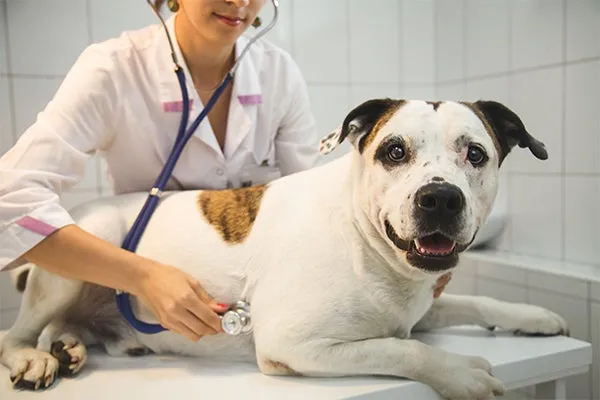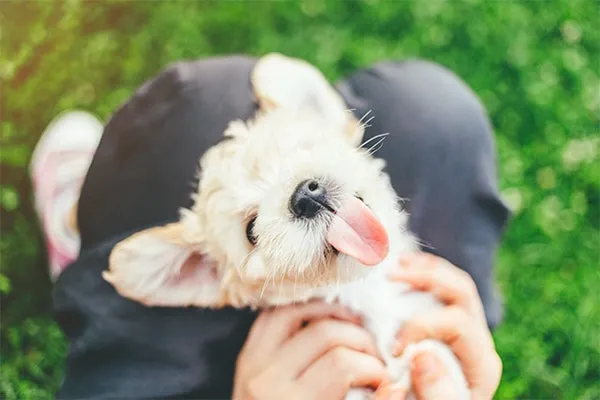Every cat owner knows that veterinary care is an indispensable part of responsible pet parenthood. Yet, navigating the spectrum of potential costs—from routine preventative check-ups and essential vaccinations to an unexpected diagnosis—can often feel overwhelming. This article aims to provide a clear overview of the types of expenses you can anticipate and what these services typically entail, empowering you to be better prepared before your next vet visit. Remember, Vet Expenses For A Cat can vary significantly based on your geographic location. Engaging with other trusted pet parents about their experiences with local veterinary care costs can also offer valuable insights.
What Factors Influence Veterinary Charges for Cats?
The phrase “vet bill” often elicits a wince from pet parents, largely because the intricate details behind the services their beloved feline receives are not always transparent. Beyond standard administrative and operational overheads, veterinarians account for numerous aspects in their pricing structure. These include:
- Professional Services: This encompasses the initial physical examination, medical evaluations, extended consultations for complex issues, and ongoing monitoring for hospitalized patients.
- Diagnostic Services: Such services can range from blood pressure evaluations to more specialized assessments designed to pinpoint underlying health concerns.
- Diagnostic Imaging Services: When a physical exam isn’t enough, vets may recommend ultrasounds, X-rays (radiographs), or even more advanced imaging to get a clearer picture of your cat’s internal health.
- Laboratory Work: This involves collecting, running, and analyzing various samples to test for crucial markers like blood chemistry, feline leukemia, heartworms, thyroid function, and immune responses.
- Surgical Procedures: From routine spays/neuters to emergency surgeries, these procedures are a significant part of veterinary care.
- Anesthesia and Monitoring: Any procedure requiring anesthesia includes the cost of administering it, intubation, and continuous monitoring of your cat’s vital signs throughout the process.
- Hospitalization Services: Should your cat require an overnight stay, intensive care, or extended inpatient monitoring, these services contribute to the overall bill.
Veterinary fees are generally competitive, influenced by the rates of other clinics in the surrounding area and the specific nature of the services provided. Additionally, your cat’s weight and size can influence medication dosages and anesthesia costs, further affecting the overall price. When considering the comprehensive financial commitment, understanding the potential [average cat vet bill](https://dogcarestory.com/average-cat-vet-bill/) is a crucial first step for any responsible owner.
Costs of Basic Preventative Care for Cats
 Veterinarian examining a cat's health during a routine check-up.
Veterinarian examining a cat's health during a routine check-up.
It’s important to note that not all the aforementioned services are part of basic preventative care. During a routine annual or bi-annual (depending on your cat’s age and health status) preventative care visit, your feline friend will receive a thorough physical examination. The vet will meticulously check your cat’s hearing, vision, teeth and gums, heart function, respiration, skin and coat condition, musculature, and more. This proactive approach to health can help catch potential issues early, often leading to less complex and costly treatments down the line.
Average Cost of Physical Exam: $45-$55
Many preventative visits also include routine vaccinations or booster shots, which are vital for protecting your cat from common and potentially severe diseases. Recommended vaccines for cats typically include panleukopenia (feline distemper), feline herpesvirus, feline calcivirus, feline leukemia virus (especially for outdoor cats), and rabies. Keeping up with these vaccinations is a cornerstone of feline health management.
Average Cost of Vaccines per Shot: $15-$28
Costs of Additional Tests and Services for Felines
Beyond the basic exam and vaccinations, additional services might be recommended during a preventative care visit to screen for potential health issues. These often include tests for parasites or other common feline ailments. Here are typical costs for some additional tests and services relevant to cats:
- Fecal Exam: $25-$45 (to check for intestinal parasites)
- Heartworm Test: $45-$50 (though less common in cats than dogs, still a risk, especially for outdoor cats)
- Dental Cleaning: $70-$400 (costs vary widely based on the severity of dental disease and whether extractions are needed)
- Allergy Testing: $195-$250 for skin tests, $200-$300 for blood tests (if your cat exhibits allergy symptoms)
- Geriatric Screening: $85-$110 (for older cats, including blood work and urine analysis to monitor organ function)
Understanding these potential [vet fees for puppies](https://dogcarestory.com/vet-fees-for-puppies/) and other pets, including cats, allows owners to budget more effectively for comprehensive care throughout their companion’s life.
Costs of Surgery or Unexpected Diagnosis for Your Cat
While the average routine annual veterinary care for cats might range from $90 to $200, unforeseen circumstances like accidents, injuries, or unanticipated ailments can lead to significantly higher expenses. For instance, if your cat is diagnosed with diabetes, the initial diagnostic process alone could cost around $300. The total lifetime cost of managing feline diabetes will depend on the cat’s age at diagnosis and how long they live with the condition. Although glucose monitoring and insulin administration can often be managed at home, diabetic cats frequently require more frequent vet visits for managing related ailments or interpreting home test results. This is where [vet bills expensive](https://dogcarestory.com/vet-bills-expensive/) becomes a tangible concern.
Similarly, other serious conditions can incur substantial costs. If a diagnostic test reveals a severe illness requiring extensive treatment, such as a fractured limb needing surgery or a prolonged illness requiring specialized medication, the costs can quickly escalate. Emergency treatment is another category where expenses can rapidly exceed $1,000. The total will depend entirely on the nature of the emergency, the diagnostics required (blood work, imaging), and the subsequent treatment plan, including potential hospitalization.
Covering Veterinary Expenses for Your Feline Friend
 A caring pet owner affectionately petting their cat at home, emphasizing responsible pet ownership.
A caring pet owner affectionately petting their cat at home, emphasizing responsible pet ownership.
If your cat faces an emergency, providing the vet with as much specific information as possible can help minimize diagnostic costs and expedite treatment. While not all unexpected diagnoses and needs for long-term treatment can be prevented, proactive measures play a huge role. Consistently attending routine preventative care appointments, not missing annual check-ups, and ensuring your cat is vaccinated and up-to-date on booster shots significantly contribute to their overall health and can help prevent more severe, costly issues. These simple steps can often reduce the likelihood of needing an [average cost of puppy's first vet visit](https://dogcarestory.com/average-cost-of-puppys-first-vet-visit/) type of expense for an adult cat, by establishing a solid health foundation early.
To effectively manage vet expenses for a cat, consider establishing a dedicated savings account specifically for your pet’s annual vet bills and any incidentals. Starting this savings plan when your cat is young ensures that you will be better financially prepared to handle the afflictions typical of old age, as well as any other unexpected medical problems that may arise throughout their life. This proactive financial planning can significantly alleviate the stress associated with unforeseen veterinary costs, allowing you to focus on your cat’s well-being.
In addition to diligent preventative care and financial planning, feeding your cat a natural, high-quality diet specifically formulated for their age, size, and breed can contribute to their long-term health, potentially decreasing the incidence of unplanned medical issues. A healthy diet supports a robust immune system and overall vitality, paving the way for a long, healthy, and happy life for your cherished feline companion.
